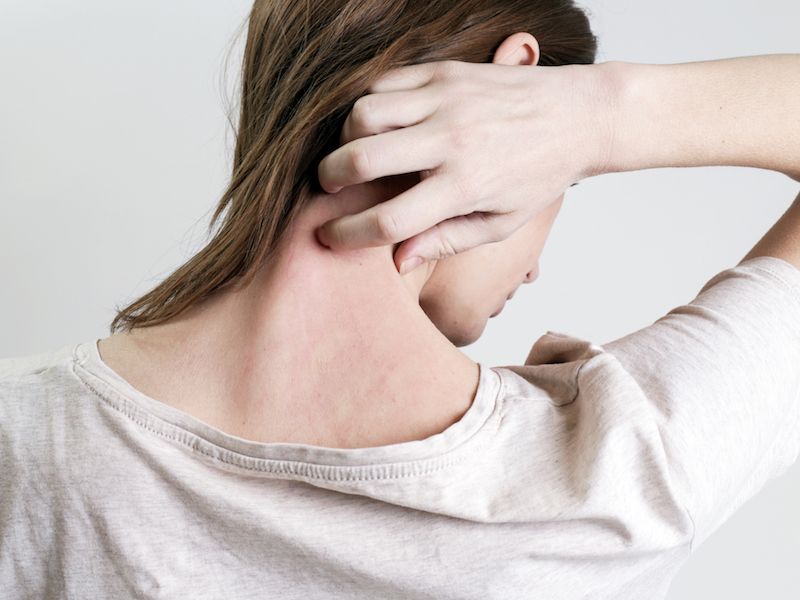
When you think of psoriasis, you probably think about all those commercials showing people with skin problems. Psoriasis goes beyond skin issues and truly impacts your overall health. Psoriasis is often misunderstood and minimized, due to a lack of knowledge of how psoriasis impacts sufferers as well as the serious conditions that can be related to this disorder. Psoriasis causes reactions throughout the whole body even though skin plaques are the most familiar symptom: The risk of metabolic disorders that are increased by persistent irritation and cardiovascular disease.
New research reinforces the body of research linking another serious issue to psoriasis: Hearing loss. Published in The Journal of Rheumatology, this research evaluated connections between psoriatic arthritis, mental health, and hearing impairment. Psoriatic arthritis is a form of psoriasis where inflammation is centered around the joints, causing soreness, swelling, and difficulty with movement. The tell-tale plaques might not be experienced by people who suffer from psoriatic arthritis.
With psoriatic arthritis, the body is basically targeting its own healthy tissue like it does with rheumatoid arthritis because they are all autoimmune illnesses. But psoriatic arthritis varies from rheumatoid arthritis because it’s usually asymmetrical (so you could have it in one knee but not the other), and it doesn’t only target joints but contributes to painfully swollen fingers and toes while it targets sufferer’s nails and eyes.
Based on the findings of this recent study, inflammation from psoriatic arthritis may also impact hearing. The researchers contrasted the self-reported hearing loss of individuals who suffer from psoriatic arthritis, people who suffer from psoriasis but not psoriatic arthritis, and a large control group of people with neither problem. They found that hearing loss was more likely to be documented by the group that had psoriasis, and those reports were supported by audiometric screening. Even when controlling for other risk factors, people diagnosed with psoriatic arthritis were significantly more likely to have hearing loss than either {psoriasis sufferers or the control group}.
But there is an evident connection between psoriasis, psoriatic arthritis and hearing loss. A 2015 study discovered that individuals who have been diagnosed with psoriasis are at a substantially higher risk of getting sudden sensorineural loss of hearing, also known as sudden deafness. With sudden sensorineural hearing loss, people’s ability to hear decreases significantly in three days or less. There are many likely causes for this, but experts believe that sudden psoriasis flare-ups may be the cause. The hearing might be diminished if this happens near or in the cochlea. In many cases, treatments that alleviate psoriasis symptoms might be used to deal with this type of hearing loss, but hearing aids are often recommended when sudden deafness doesn’t respond to other treatments.
It’s worthwhile to monitor your hearing if you suffer from psoriasis or psoriatic arthritis. Schedule your yearly healthcare appointment along with regular hearing exams. Disease related to inflammation can lead to inner ear damage, which can result in loss of hearing as well as troubles with balance. There are also connections between psoriasis, psoriatic arthritis, depression and anxiety, which can both exacerbate loss of hearing. Loss of hearing is something you want to detect sooner rather than later because neglected hearing loss can lead to other health problems such as dementia.
Recognition is key, and working with your doctors and regularly having your hearing examined can help you keep ahead of symptoms with early intervention. You shouldn’t have to sacrifice your standard of living for psoriasis or for hearing loss, and having the correct team by your side can make a big difference.